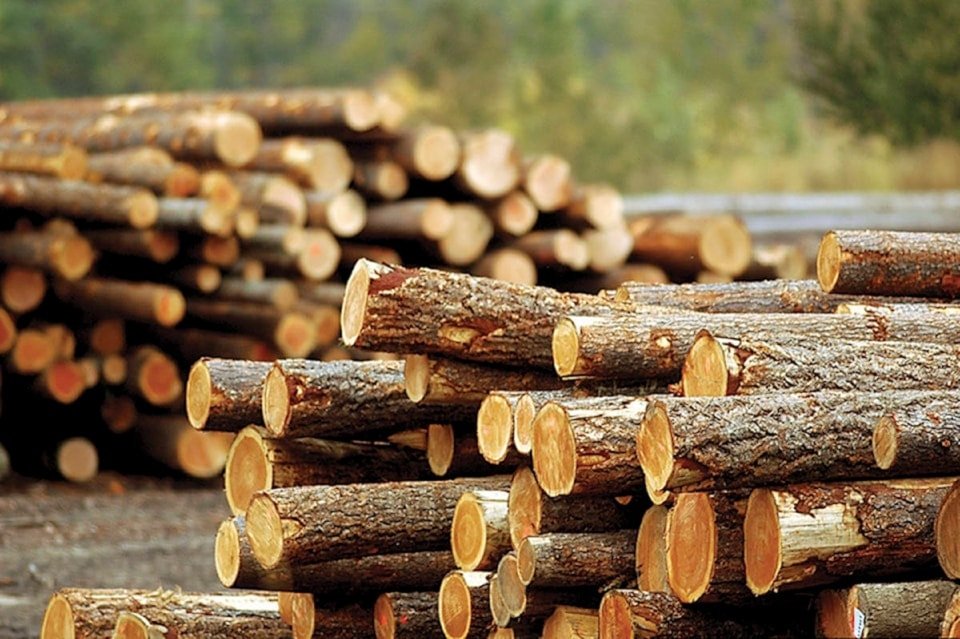Campbell River’s mayor is pressing the provincial government to take urgent action to support the struggling B.C. forestry industry. Mayor Kermit Dahl says the sector is facing deep challenges not only from market changes but also from policies that he believes slow growth and create uncertainty.
In a letter to Premier David Eby last week, Dahl wrote that promises to protect jobs and strengthen the economy feel empty to many coastal forestry workers. He says thousands of people are watching the industry collapse “not from market forces, but from policy paralysis and regulatory misfires.”
According to Dahl, the province once committed to an annual harvest target of 45 million cubic metres to keep the sector alive. However, the 2025–2026 budget allows for only 32 million cubic metres. He says this 13-million-cubic-metre gap could mean a loss of about $275 million in revenue — money that could help fund healthcare, education, and infrastructure in British Columbia.
The mayor argues that regulatory processes have become slower and less predictable. Harvest approvals that used to take about six months now can take two years or longer. This, he says, makes it difficult for companies to plan and operate effectively.
Dahl has outlined several steps he believes could help. These include delaying new restrictions until existing policy reviews are finished, creating faster approval processes with clear timelines, and developing policies that reflect the unique needs and geography of coastal regions instead of applying one-size-fits-all rules.
In response, Forests Minister Ravi Parmar expressed optimism about the future of the North Island forestry industry. Speaking in an interview on August 6, Parmar highlighted the growing role of First Nations in forestry. He pointed to a partnership between the ‘Namgis First Nation and Western Forest Products as an example of progress.
On July 30, the ‘Namgis and Western submitted draft plans to the province’s chief forester for 142,000 hectares of ‘Namgis territory. These plans aim to improve long-term forest health, support climate adaptation, and promote sustainable forestry. They are part of B.C.’s Forest Landscape Planning Pilot program, which began in 2021.
Parmar said many First Nations have been involved in forestry for years without seeing fair benefits, but that is starting to change. He praised the ‘Namgis for their work in managing their lands in ways that create economic opportunities for their communities and surrounding areas.
The minister also suggested that Mayor Dahl may not fully understand the extent of First Nations’ role in the industry and encouraged him to learn more. Parmar noted that reforming BC Timber Sales is a complex process involving many negotiations, which takes time.
He also pointed to broader market factors affecting the industry. Some mills are reducing operations not because of a shortage of available timber, but due to lower lumber demand in the United States. High U.S. tariffs and rising construction costs have slowed homebuilding, which in turn affects lumber sales.
Another challenge is the increasing cost of accessing remote timber. Parmar explained that in the past, companies could harvest timber within a smaller radius around their mills and make a profit. Now, they often have to go farther, which raises costs. In some areas, harvesting has become uneconomical.
Parmar criticized companies that have stopped investing in local operations and moved their money elsewhere. He said others are still making the effort to adapt and continue working in the sector, and he commended those companies for their commitment.
As the debate continues, both sides agree that the forestry industry remains a vital part of B.C.’s economy. The challenge now is finding a path forward that supports workers, respects Indigenous partnerships, and addresses the economic realities facing the sector.

